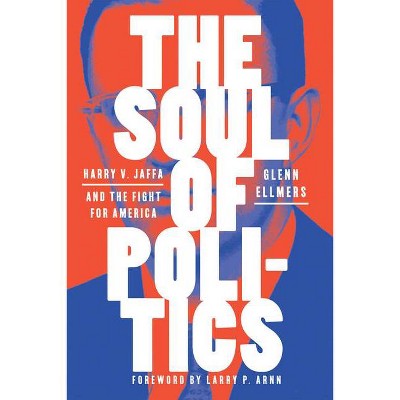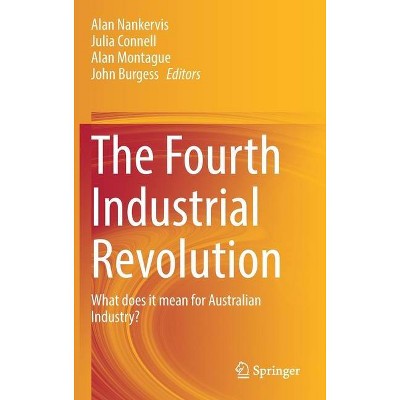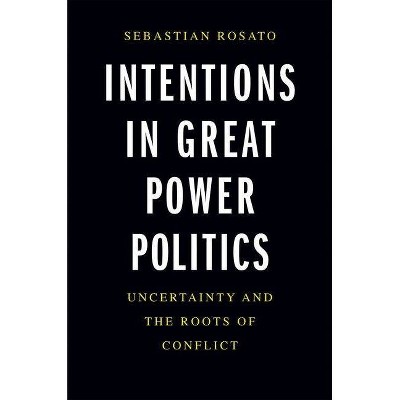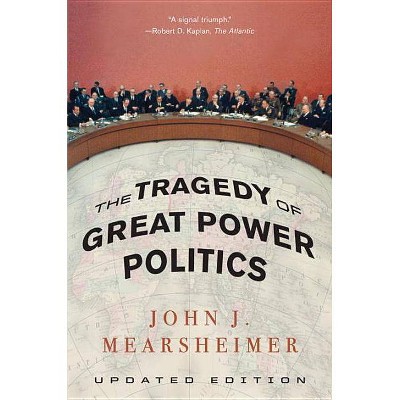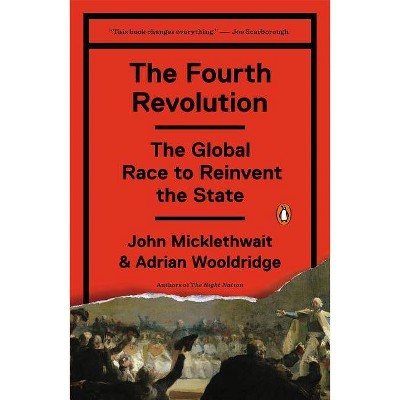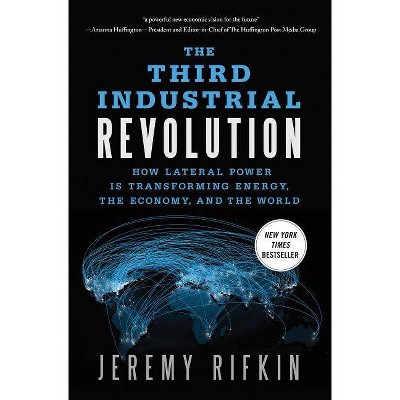Great Power Politics in the Fourth Industrial Revolution - by Glenn Diesen (Hardcover)
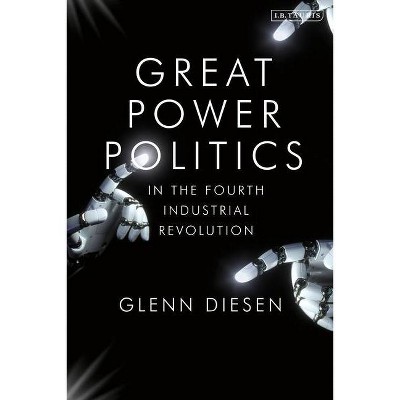
Similar Products
Products of same category from the store
AllProduct info
<p/><br></br><p><b> Book Synopsis </b></p></br></br>Why and how will the fourth industrial revolution impact great power politics? Here, Glenn Diesen utilizes a neoclassical approach to great power politics to assess how far the development of AI, national and localized technological ecosystems and cyber-warfare will affect great power politics in the next century. The reliance of modern economies on technological advances, Diesen argues, also compels states to intervene radically in economics and the lives of citizens, as automation radically alters the economies of tomorrow.<br/><br/>A groundbreaking attempt to contextualize the fourth industrial revolution, and analyse its effects on politics and international relations.<p/><br></br><p><b> Review Quotes </b></p></br></br><br>Glenn Diesen has accomplished a scholarly work in the classic mode of 'big picture' /'big ideas'. In a return, and I might say a rare success among attempts to return to the base/superstructure explanatory model, Diesen takes on and brings together two large phenomena, namely the revolution in technology and the change in global power relations. In this implicit adaptation of the argument of the revolution in the techniques and therefore the forces of production pressing against the relations of production, Diesen traces the linkage between the scientific-technological ('base') and the global political ('superstructure'). It is a superb work of Political Economy.<br/>Dayan Jayatilleka, Ambassador of Sri Lanka to the Russian Federation<br><br>In this thought-provoking book, Glenn Diesen offers a controversial though not completely depressing picture of the future interplay between technological progress and global politics. A challenging vision of how our world is going to change and what we should do manage the changes.<br/>Andrey Kortunov, Director General of the Russian International Affairs Council<br><br>This book asks some of the big questions of our time, above all the effect of technological change on social order and international relations. This ambitious and original study provides some of the answers, although it argues that we are only at the beginning of a period of fundamental and accelerating change to accustomed patterns of state-society relations, economics, geopolitics and, ultimately on citizenship and political order. Written from a 'global' perspective, this erudite and engaging work is essential reading for anyone interested in the future of humanity.<br/>Richard Sakwa, University of Kent, UK<br><p/><br></br><p><b> About the Author </b></p></br></br><b>Glenn Diesen</b> is Professor in the faculty of World Economy and International Affairs of the National Research University - Higher School of Economics in Moscow. His research focus is the geoeconomics of Greater Eurasia and the crisis of liberalism. Professor Diesen's latest books are <i>The Decay of Western Civilisation and Resurgence of Russia: Between Gemeinschaft and Gesellschaft </i>(2018); <i>Russia's Geoeconomic Strategy for a Greater Eurasia</i> (2017); and <i>EU and NATO relations with Russia: After the collapse of the Soviet Union </i>(2015).
Price History
Cheapest price in the interval: 115.99 on October 23, 2021
Most expensive price in the interval: 115.99 on December 20, 2021
Price Archive shows prices from various stores, lets you see history and find the cheapest. There is no actual sale on the website. For all support, inquiry and suggestion messagescommunication@pricearchive.us


